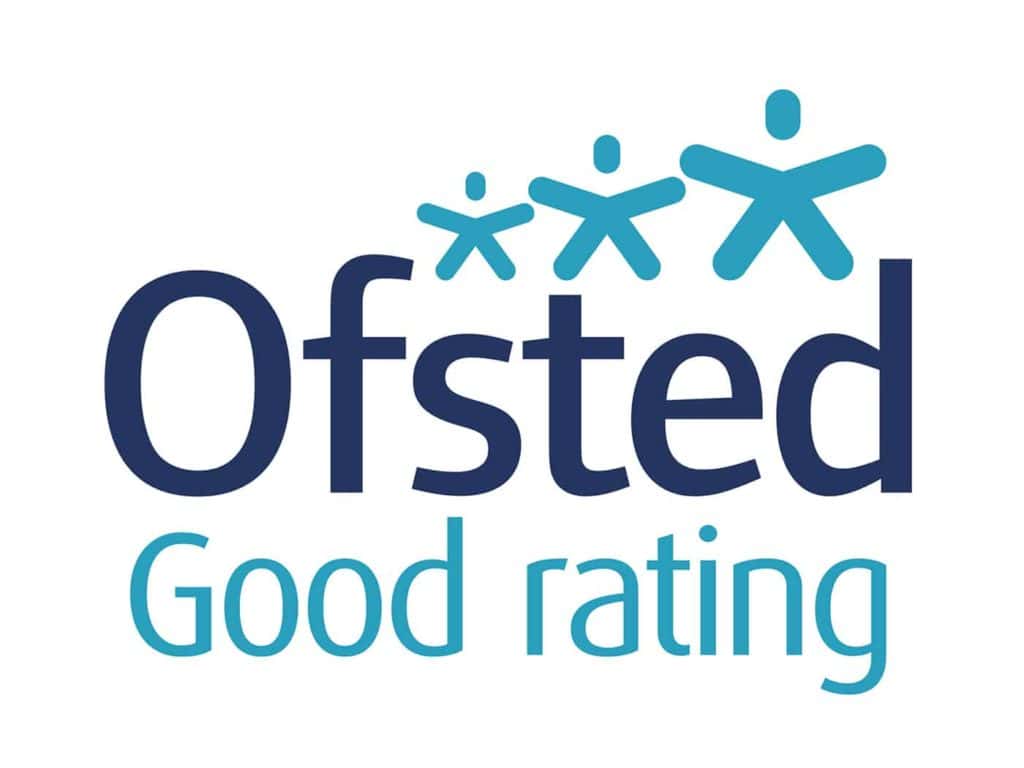- Reception: 01608 544998
- Absence: 01608 656854
- Enquiries
MENUMENU
- Homepage
- Joining the School
-
-
Order uniform by 1 August
- Uniform
-
- News and Events
- Our School
-
- Students
- Sixth Form
- Extra Curricular
- Contact
Home » Our School » Our Curriculum and Departments » Computing
Mrs Faulkner has a degree in Business Studies with Social Policy and Administration, PGCE in Business Studies and ICT, and a Master’s in Education. Mrs Faulkner teaches Computer Science, she is particularly interested in gadgets and technology.
Mr Liddament has a degree in Software Engineering and started at Chipping Norton School in 2012. He has a particular interest in programming and can be often be found helping staff solve ICT problems.
Students are taught in a suite of computers and they have access to these rooms during & after school. There are numerous other computer rooms within the school that ensures all students have an opportunity to continue their study outside of lessons.


Click the image for a PDF
Year 7 & 8 have one Computing lesson per timetable per fortnight. During Year 7 & 8 students have an opportunity to learn programming as well as develop their ‘Digital
Literacy’ and ICT skills.
Year 7
Term 1&2 – E-Safety
Term 3&4 – Scratch games
Term 5&6 – Introduction to binary and Micro:bits
Year 8
Term 1&2 – Log Flume Project
Term 3&4 – The Computer System, Truth tables and Structured Programming
Term 5&6 – Spreadsheets and HTML
GCSE Computer Science is a practical & stimulating subject and gives students the opportunity to study a subject at the forefront of innovation & technology. Students can choose to start the GCSE in Computer Science in term 6 of Year 9. The course encourages learners to understand and apply the fundamental principles and concepts of Computer Science. They are required to think creatively, innovatively, analytically, logically and critically. During the course students will explore the impact of digital technology to the individual and to the wider society.
The content of the course is as follows;
The aims of the course are to enable learners to develop: An understanding and ability to apply the fundamental principles and concepts of computer science, including: abstraction, decomposition, logic, algorithms and data representation, the ability to analyse problems in computational terms through practical experience of solving such problems, including writing programs to do so, the capacity to think creatively, innovatively, analytically, logically and critically, the capacity to see relationships between different aspects of computer science, and develop mathematical skills.
Students will study


Barry Doherty
Chipping Norton School
Burford Road,
Chipping Norton
OX7 5DY


River Learning Trust
An exempt charity and company limited by guarantee, registered in England and Wales with a registered company number 7966500.
Registered Office is c/o Gosford Hill School, Oxford Road, Kidlington, Oxfordshire OX5 2NT
© Copyright 2024 Chipping Norton School
Schools framework by Looping Curl